Search
Remove Ads
Advertisement
Summary 
Loading AI-generated summary based on World History Encyclopedia articles ...
Search Results
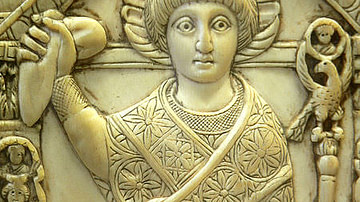
Definition
Consul
In 509 BCE, with the exit of the last Etruscan king, Lucius Tarquinius Superbus, the Roman people were presented with a unique opportunity, an opportunity that would eventually have an immense impact on the rest of Europe for centuries to...
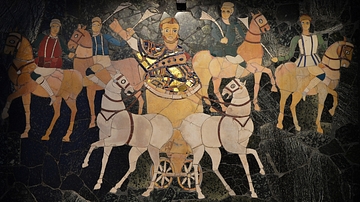
Image
Consul Junius Bassus
Opus sectile panel (made of precisely cut polished varicolored marble) from the Basilica of Junius Bassus, which stood on the Esquiline Hill in Rome. The panel, dating from the 4th century CE, represents the processus consularis (a procession...
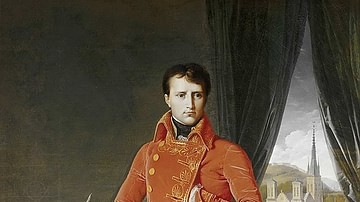
Image
Bonaparte, First Consul
Portrait of Napoleon Bonaparte (1769-1821) as First Consul of France, oil on canvas by Jean Auguste Dominique Ingres, 1804,
Curtius Museum, Liège.
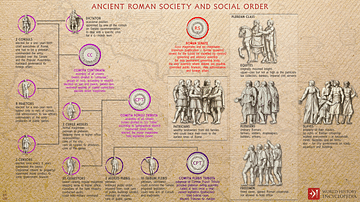
Definition
Roman Constitution
Roman constitution was an accumulation of laws, legal decisions, and ancient customs. While today 'constitution' usually refers to a single act of legislation, this was not the case in ancient Rome. Instead, Roman government relied on the...
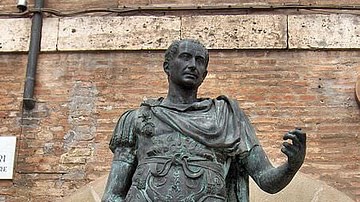
Definition
Aedile
The aedile was an official of the Roman Republic who maintained Roman roads, supervised the grain and water supply, and provided the city's citizens with games among other duties. Initially, they were plebeian and elected annually by the...
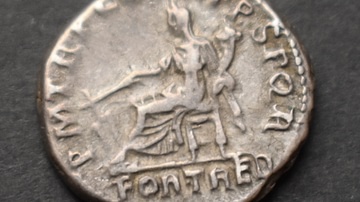
Article
Authority in Ancient Rome: Auctoritas, Potestas, Imperium, and the Paterfamilias
Authority in ancient Rome was complex, and as one can expect from Rome, full of tradition, myth, and awareness of their own storied history. Perhaps the ultimate authority was imperium, the power to command the Roman army. Potestas was legal...
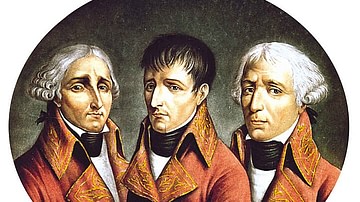
Definition
French Consulate
The French Consulate was the government of the First French Republic from 10 November 1799 to 18 May 1804, spanning the last four years of the Republic's existence. Headed by Napoleon Bonaparte (1769-1821) as First Consul, the Consulate served...
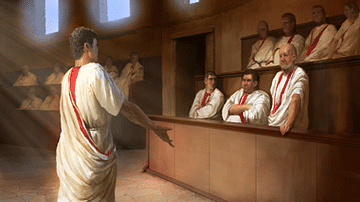
Definition
Twelve Tables
The Twelve Tables (aka Law of the Twelve Tables) was a set of laws inscribed on 12 bronze tablets created in ancient Rome in 451 and 450 BCE. They were the beginning of a new approach to laws which were now passed by government and written...

Definition
Cadoudal Affair
The Cadoudal Affair, or the Pichegru Conspiracy, was a failed royalist attempt to kill or kidnap Napoleon Bonaparte (1769-1821), then the First Consul of the French Republic, and restore the House of Bourbon to the French throne. The conspiracy's...
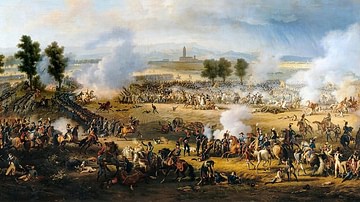
Article
Battle of Marengo
The Battle of Marengo (14 June 1800) was one of the most important battles in the career of Napoleon Bonaparte (1769-1821). It not only helped bring the French Revolutionary Wars to an end but also did much to consolidate Bonaparte's new...